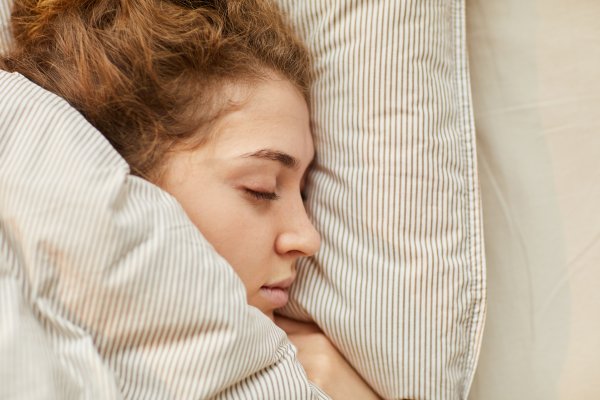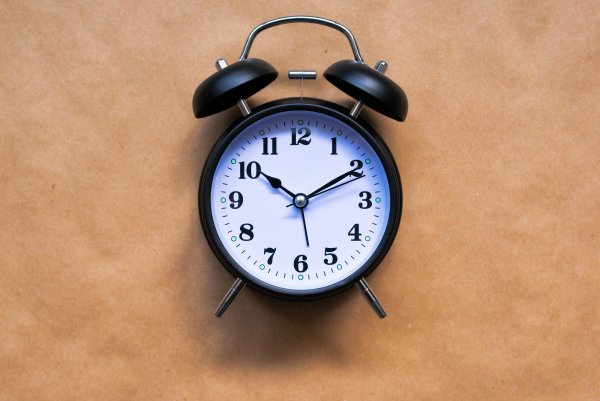New Research Suggests The Optimal Bedtime For A Healthy Heart
Tags: News

Our bedtimes may have an effect on our hearts. To that effect, researchers have found out the most optimal bedtime that may be the most beneficial for our hearts. And it is between 10 and 11 PM.
The study was done using data from over 88,000 adults. Their sleeping habits and lifestyle were recorded for about 6 years. The final statistics revealed that those who slept between 11 and 12 PM had a 12% higher risk of suffering from cardiovascular disease. The percentage rose to 25 for those who went to bed after midnight.
On the other hand, sleeping too early did not indicate any benefits either. In fact, for those who went to sleep before 10 PM, the risk of developing heart disease went up by 24%. The report was published on 8th November in the European Heart Journal – Digital Health.
How The Optimal Bedtime For A Healthy Heart Works
David Plans, the study’s co-author and a neuroscientist explained that there everybody has an internal clock spanning 24 hours, known as the circadian rhythm. This helps in regulating mental and physical functioning. He continued that their study cannot give any conclusive statements regarding whether the different sleeping times actually caused the heart problems. However, it suggested that late or early bedtimes may have a higher possibility of disrupting this inner clock. This, in turn, can have an adverse effect on cardiovascular health.
Read: Neuroscientist Warns: Lack Of Sleep Could Kill You
Plans is the Research Head at Huma – a health technology company based in London that agrees with clinical trials that are not centralized. Additionally, he is one of the senior lecturers at the UK’s Exeter University’s organizational neuroscience department. Huma’s studies are often cleared by Exeter University’s ethics committee.
To conduct this study regarding the optimal bedtime, Plans as well as his colleagues contacted UK Biobank – a database of biomedical information. UK Biobank has information about over 500,000 volunteers aged between 37 and 73. The volunteers were recruited between 2006 and 2010. They gave the researchers from Human information regarding the volunteers’ health, demographics, and lifestyles.
Details Of The Study

The researchers selected 88,926 adults whose average age was 61. They had worn accelerometers for a week that recorded their sleeping data as well. With this data, the researchers were able to determine when they fell asleep and the time they woke up.
The selected volunteers were tracked for an average of 5.7 years. During that time, 3,172 volunteers (3.6%) suffered cardiovascular ailments like heart failure, strokes, or heart attacks. These incidents numbered the most among those who slept after midnight. On the contrary, the numbers were lowest in those whose bedtime was between 10 and 11 PM.
Several other factors were also looked at. This included socioeconomic status, cholesterol levels, blood pressure, diabetes, BMI, smoking status, being a night owl or an early bird, sleep irregularity, sleep duration, gender, as well as age. Despite all these factors, regularly going to sleep past midnight was associated with the largest increase in the risk of developing cardiovascular diseases.
The increased chances were found more in women with a later bedtime. Men showed an increased heart risk usually when they went to bed earlier than 10 PM.
Read: Scientists Say There Is A Greater Risk Of Heart Disease In Men Who Can’t Do At Least 10 Push-Ups
But, take the findings with a pinch of salt. Doctor Francoise Marvel, a co-director and assistant professor at Baltimore’s John Hopkins Medicine, explained that the study does not prove if improving your bedtime effectively reduces the risk of heart diseases. Earlier studies showed that sleep has always been a major cardiovascular risk factor. Moreover, the latest research only shows an association with an increased risk – it does not mean that it causes heart diseases.
Leave Comment: